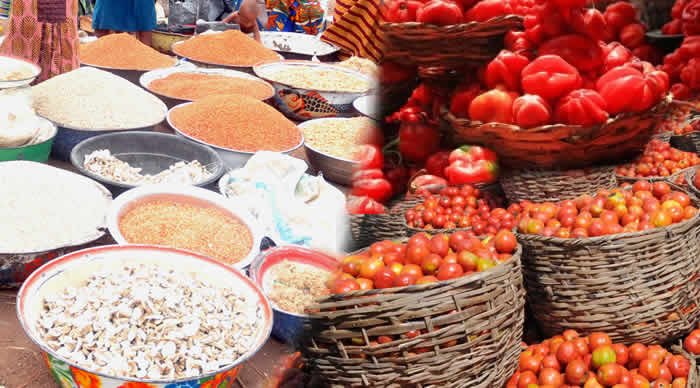The Nigerian Federal Government, in 2024, allocated a substantial N9.74 billion towards procuring and distributing food items as a palliative measure to mitigate the pervasive food crisis impacting the nation. This initiative, spearheaded by the Federal Ministry of Agriculture and Food Security, involved multiple payments to contractors tasked with the emergency supply of staple food items, including rice, beans, maize, and gari, to federal constituencies across the country. GovSpend, a transparency and accountability platform developed by civic-tech organization BudgIT, revealed the details of these transactions, highlighting the scale of government spending directed towards alleviating hunger within vulnerable communities. The chosen approach, while aiming to provide immediate relief, has sparked debate about its long-term effectiveness and sustainability in addressing the root causes of Nigeria’s complex food security challenges.
The distribution of palliatives, a recurring theme in Nigeria’s approach to food crises, followed a specific pattern. Each benefiting federal constituency received an equal allocation of N85.45 million for the procurement and distribution of food items. This consistent allocation was observed across diverse geographical regions, including states such as Kano, Ogun, Osun, Akwa Ibom, Cross River, Adamawa, Kaduna, Jigawa, Ekiti, Oyo, Lagos, Bauchi, Rivers, Borno, Sokoto, and Enugu. This meticulous disbursement, documented over several months from February to November 2024, underscores the government’s commitment to providing widespread relief. However, the uniformity of the disbursement also raises questions regarding the specific needs assessment conducted for each constituency and whether a more nuanced approach could have optimized the impact of the allocated resources.
Despite the significant financial commitment and the logistical efforts involved in distributing these palliatives, concerns persist regarding the efficacy and sustainability of such measures. Critics argue that while providing immediate relief, these interventions fail to address the underlying structural deficiencies plaguing Nigeria’s agricultural sector. Experts point to the need for a more comprehensive strategy that focuses on strengthening local agricultural production, improving storage and distribution networks, and fostering sustainable economic policies that reduce dependence on external aid. The recurring nature of food crises in Nigeria necessitates a shift towards long-term solutions that empower local farmers, enhance agricultural productivity, and create a more resilient food system.
Economists, like Shedrach Israel of Lotus Beta Analytics, argue that the N9.74 billion spent on palliatives could have been more effectively utilized for long-term investments in agricultural innovation and infrastructure development. Such investments, they contend, would not only address the immediate needs of vulnerable populations but also contribute to building a more robust and self-sufficient agricultural sector. This perspective highlights the opportunity cost of focusing solely on short-term relief measures rather than investing in sustainable solutions that address the root causes of food insecurity. By prioritizing long-term investments, Nigeria could potentially break the cycle of recurring food crises and move towards a more secure and sustainable food future.
The critique of the palliative approach is further echoed by La’ah Dauda, an agricultural economist based in Kaduna. Dauda emphasizes the need for a holistic approach that tackles the systemic challenges hindering agricultural productivity in Nigeria. These challenges include inadequate irrigation systems, insufficient storage facilities, and weak market access, all of which constrain the ability of local farmers to produce and distribute food effectively. Dauda’s observations underscore the complex interplay of factors contributing to food insecurity in Nigeria and highlight the limitations of addressing the crisis solely through the distribution of palliatives. A comprehensive strategy must address the entire agricultural value chain, from production to storage and distribution, to ensure long-term food security.
In conclusion, while the Nigerian government’s allocation of N9.74 billion for food palliatives in 2024 demonstrated a commitment to alleviating immediate hunger, the efficacy and sustainability of this approach remain questionable. Critics argue that relying solely on palliatives fails to address the fundamental structural deficiencies within the agricultural sector that perpetuate the cycle of food insecurity. The substantial funds allocated for short-term relief could have been strategically invested in long-term solutions, such as improving irrigation systems, enhancing storage facilities, strengthening market access, and fostering agricultural innovation. A shift towards such sustainable investments would not only address immediate needs but also contribute to building a more resilient and self-sufficient agricultural sector, paving the way for a future where food security is no longer a recurring crisis.














